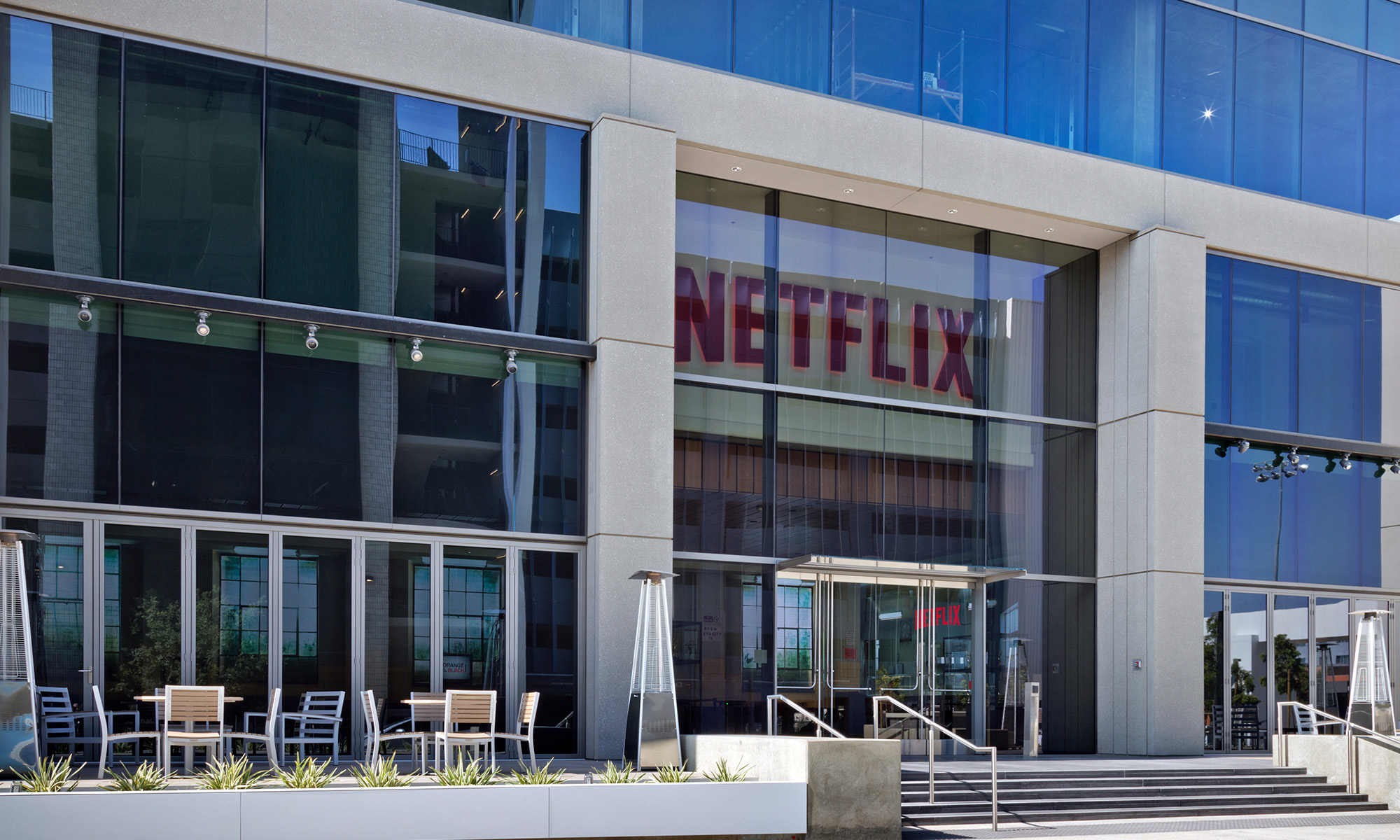
DISH Network (DISH +0.00%) confirmed on Wednesday that it will be closing down the last 300 Blockbuster stores still standing in this country. The country's second largest satellite television provider also announced that Blockbuster's mail-based DVD rental service will close up shop next month.
We all probably saw this coming. When was the last time that you went into a Blockbuster video store? Let's pick out a few of the moments where it seemed as if the chain was doomed.
1. Blockbuster rents Reed Hastings Apollo 13
It was 1997, and Hastings was late returning his VHS tape of Apollo 13 to his local Blockbuster Video store. He was slapped with a $40 late fee.
"I was embarrassed about it," he would go on to tell Fortune magazine. "That was back in the VHS days, and it got me thinking that there's a big market out there. So I started to investigate the idea of how to create a movie-rental business by mail."
Two years later, Netflix (NFLX +0.37%) was born. It was originally a pay-per-rental platform just like Blockbuster, but the appeal of a subscription plan where late fees wouldn't be an issue was quickly embraced.
If Blockbuster had never rented Apollo 13 to Hastings -- and more important, slapped him with an embarrassing late fee -- Blockbuster wouldn't have an adversary that not only challenged its physical distribution model but also sped up the migration to digital delivery.
Netflix only has 7.15 million customers on DVD plans these days, but it has more than 40 million worldwide on its streaming platform.
2. Blockbuster makes it cheaper to wait by the mailbox
Entering into a pricing war with Netflix in 2004 was a big mistake when it eventually embraced Netflix's unlimited rentals-by-mail model. However, the bigger mistake was that it also waged a pricing war with itself.
Charging $14.99 a month for a plan that included unlimited DVDs by mail and a pair of free in-store rentals may have been a great deal for video buffs, but it ate away at the $5 piecemeal rentals that the physical stores were offering. Blockbuster then chose to introduce an unlimited rental in-store service, but it priced it substantially higher than the online platform.
"It was discounting the more convenient option," I wrote at the time. "What did it think would happen?"
Blockbuster eventually hiked its mail-based plan to $17.99 a month in the summer of 2005, but it was too late. It had weaned too many loyal customers off store visits. Netflix was there with open arms.
3. The "no more late fees" fiasco
Everyone loves a buffet, but Blockbuster went too far in late 2004 when it began to promote the elimination of late fees. The move seemed suspicious from the start. Blockbuster was collecting nearly $300 million a year in late fees; why would a leveraged company risk that kind of found money?
Well, the truth was that this really wasn't the end of late fees. Blockbuster was merely extending the length of the loaner. After a nine-day grace period, customers would be hit with the retail price of the DVD minus the rental price. If they returned it within 30 days, they could get that back in store credit after subtracting a restocking fee.
None of this was in the spirit of the late-fee-free mantra that Blockbuster was singing, and it got sued.
Rest in pieces
In retrospect, one can argue that the one thing that doomed Blockbuster was the DVD. Can you imagine Netflix mailing bulky videocassettes, and footing the postage both ways? DVDs also allowed studios to make retail prices cheaper. This made those $5 rentals at Blockbuster preposterous, and it had no choice but to make rentals cheaper at a time when a store's operating costs were inching higher like every other strip mall tenant.
Outerwall's (OUTR +0.00%) Redbox had the right idea. It could provide automated cheap rentals without the overhead. Redbox will continue to live -- even as Blockbuster dies -- and that was with the flexibility to implement a 20% daily DVD rental-rate increase two years ago. Redbox and Netflix are models that never would have been possible if VHS didn't give way to DVD.
Few will miss Blockbuster outside of those nostalgic for simple date nights of the 1990s, but the truth is that Blockbuster's bonehead moves killed it off years before DISH Network did.






